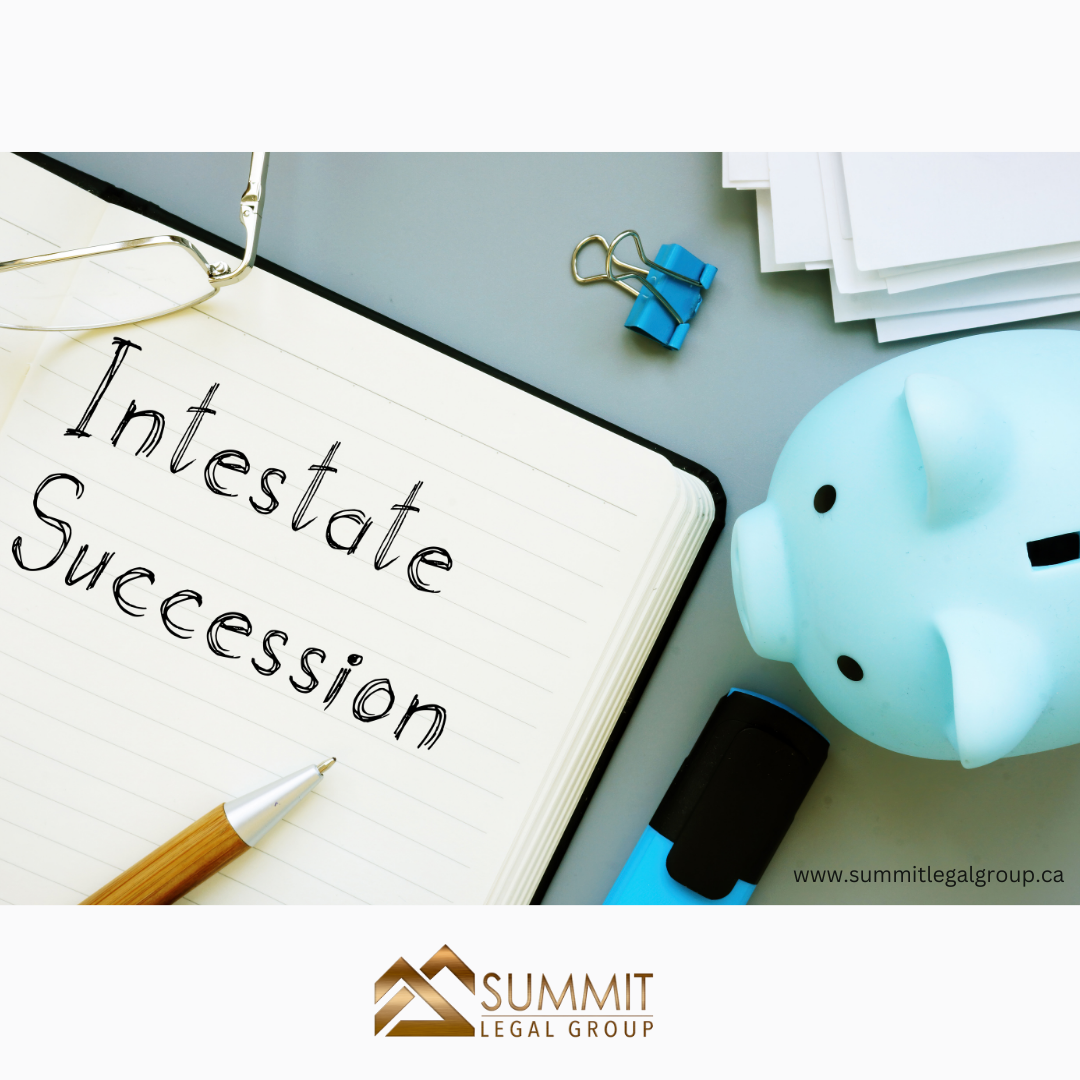Most people assume they have plenty of time to draft a will. But life is unpredictable, and many Albertans pass away before they have the chance to put their wishes on paper. When this happens, it is known as dying “intestate.”
There is a common misconception that if you die without a will, the government automatically seizes your property. While this is rarely the case, the reality is still complicated. Without a will, you lose the ability to choose who inherits your assets or who cares for your minor children. Instead, the province steps in with a rigid set of rules to make those decisions for you.
Understanding how intestate succession works in Alberta is crucial for protecting your family’s future.
The Role of the Wills and Succession Act
In Alberta, the Wills and Succession Act governs what happens to your estate if you die without a valid will. This legislation creates a hierarchy of beneficiaries based on their relationship to you. It prioritizes immediate family—specifically spouses and children—before moving on to more distant relatives.
The rules are strict. The law does not account for the quality of your relationships. It does not matter if you were estranged from a sibling or if you had a close friend you wanted to support. If it isn’t written in a Will, the Act dictates the distribution.
Who Inherits When There is No Will?
The distribution of an intestate estate depends entirely on your family structure at the time of death. Here are the most common scenarios under Alberta law:
1. You have a spouse or adult interdependent partner (but no children)
If you leave behind a spouse or an adult interdependent partner (often referred to as a common-law partner) and have no descendants, your entire estate goes to them.
2. You have a spouse/partner and children (all from that relationship)
If you pass away leaving a spouse and children who are also the children of that spouse, the spouse inherits the entire estate. The law assumes the surviving parent will take care of the children.
3. You have a spouse/partner and children (from a different relationship)
This is where it can get complicated. If you have a “blended family”—meaning you have children from a previous relationship—your spouse does not automatically get everything.
Instead, your spouse or partner is entitled to a “preferential share.” This is currently set at either 50% of the net estate or $150,000, whichever amount is greater. The remainder of the estate is then divided among your children.
4. You have no spouse/partner but have children
If there is no surviving spouse, the estate is divided equally among your children. If a child has predeceased you but left their own children (your grandchildren), those grandchildren typically inherit their parent’s share.
5. You have no spouse and no descendants
If you leave no direct descendants, the Act looks to wider family members in a specific order:
- Parents
- Siblings (or their children, if the sibling has passed)
- Nieces and nephews
Only if no living relatives can be found within the degrees of relationship specified by the Act does the estate potentially escheat (transfer) to the government, specifically to the Crown.
Who Manages the Estate?
When you write a Will, you appoint an Executor—someone you trust to handle your affairs. When you die intestate, no Executor exists.
Someone must apply to the court for a “Grant of Administration” to gain the legal authority to deal with your assets, pay your debts, and distribute the inheritance. The Act sets out priority for who can apply. Typically, a spouse has the first right, followed by adult children.
If no family member is willing or able to take on this role, or if there is a dispute among family members about who should do it, the process can become expensive and delayed. In some cases, the Office of the Public Trustee may need to get involved.
Take Control of Your Legacy
While the Wills and Succession Act provides a safety net, it is a “one-size-fits-all” solution that rarely fits anyone perfectly. Relying on intestate succession can lead to unintended consequences, such as a new partner inheriting assets intended for your children, or a rigid distribution that creates tax burdens for your heirs.
Furthermore, a Will is the only place you can appoint a guardian for your minor children. Without one, the courts will decide who raises them, potentially choosing someone you would not have selected yourself.
Drafting a Will gives you the final say. It ensures your assets go exactly where you want them to and saves your grieving family from the stress of navigating a complex legal administration during a difficult time.
If you have been thinking about a Will, or didn’t think you need one yet, it’s never too early or too late to draft your Will. Contact us today with questions on how to get started. Don’t leave your legacy up for question while you have the power to determine your family’s future.














